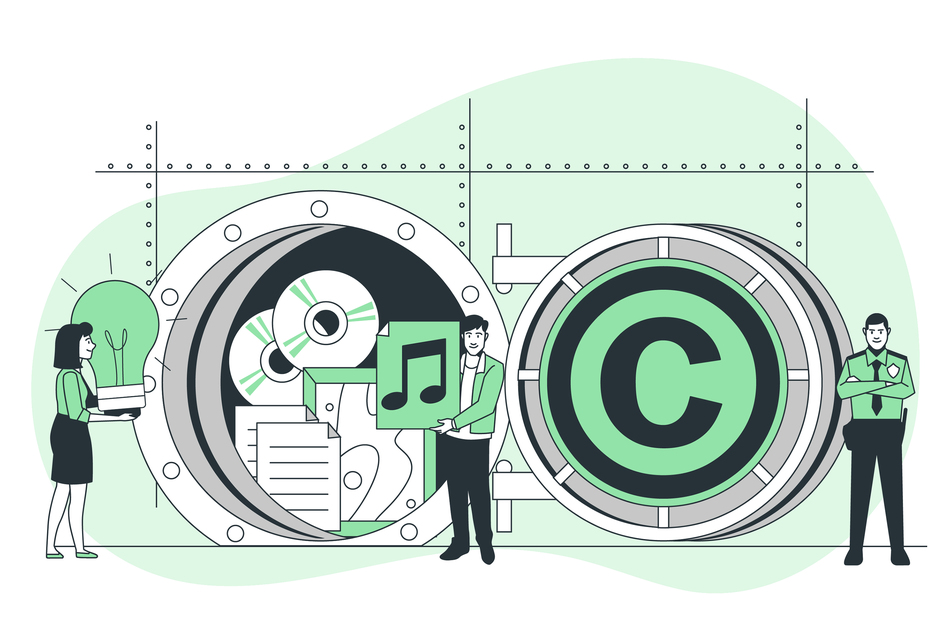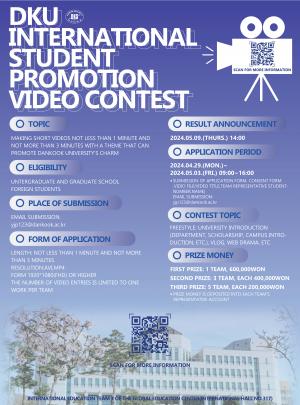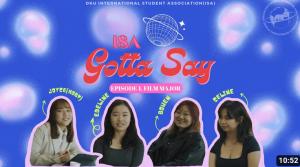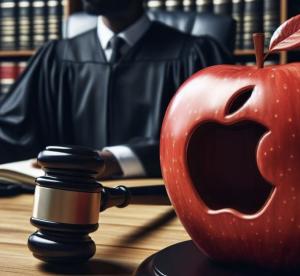The suicide of Lee Woo-young, author of Korea’s popular cartoon "Black Rubber Shoes," has reignited the long-standing debate around weak copyright protection and unfair contract exploitation in the country’s creative industry. Lee took his own life on March 11 after facing a prolonged legal battle over copyright theft and the exploitation of his original copyright protection. His case was not the only example of such copyright exploitation in South Korea, with the author of the children’s book ‘Cloud Bread’ also being embroiled in a similar dispute. These problems under Korean law have been a serious matter for a long time, and Lee’s death highlighted the urgent need for better copyright laws that protect the rights of creators and ensure that they receive adequate compensation for their work.
 |
| ▲ Copyright Protection Posters for Music And Documents (Photo from Freepik) |
Lee had been locked in a prolonged copyright dispute with the co-copyrights holders of his cartoon since 2019, which had caused him significant stress. The legal battle dates back to 2007 when Lee entered into a business rights establishment contract with the publisher "Hyeongseol" for ‘Black Rubber Shoes’. The publisher suggested sharing a stake in the characters' names, which Lee objected to. However, the publisher went ahead and registered themselves as a co-copyright holder without any compensation agreement laid out in the contract. The CEO suggested went so far as to suggest he was the creator of ‘Black Rubber Shoes’ claiming a 53% stake in the main character without Lee's consent or compensation and engaged in business collaborations with other brands on his own. Lee was even sued for copyright infringement for drawing cartoons despite being the original creator of this work.
The unjustifiable copyright contract that Lee had signed, known as a 'Buyout,' is common practice in the Korean content industry. Under a Buyout contract, the company pays a certain amount of money to the original author at the outset of the contract and owns all copyrights to the work.
 |
| ▲ Writers Copyright (Photo from Freepik) |
Unfair copyright contracts such as a Buyout, significantly impact the creative industry, including theater productions, musicals, films, and much more. In some cases, spin-off work is often created without the consent of the original author. The Korean children’s book Cloud Bread is a prime example of the pitfalls of a misleading copyright contract. In 2004, Baek Hee-na, author of Cloud Bread, signed a contract selling all her rights, including her copyright, to her publisher for 18.5 million won. Since then, the book has expanded into animation, musicals, and character merchandise, generating billions of won in added profits. Yet, due to the contract, Baek was unable to receive any additional profits from the derivatives.
Despite efforts to pass a "Cloud Bread Protection Act" to address the issue, Baek’s lawsuit against the publisher was dismissed. A similar case involving the book "Almond" by Son Won-pyung shows that derivatives can be produced and performed without the author's permission or consent, illustrating the weak protection of creators' rights under Korea’s current copyright laws. The problem with Buyout contracts is that they do not recognize the copyright owner's sole rights, and they may lose control over any secondary creations of their work. According to Professor Park Jung-in of Dankook University’s Graduate School's IT Law Cooperation Course, these issues are not due to a lack of laws to protect copyright holders, but rather a lack of understanding among the general public regarding the principles of fair use. Many people may not be aware of the nuances of copyright law and may inadvertently enter into contracts that do not adequately protect their rights.
However, these cases have led to some changes in the publication industry, with more creators advocating for better contracts and protection for their intellectual property. Despite the progress, the issue of fair compensation for creators and the protection of their rights remains contentious.
 |
| ▲ Copyright Infringement Illustration about Taking Other People's Ideas (Photo from Freepik) |
Professor Park explained, while Korea's Article 22 in the Constitution, protects the rights of creators, and the Copyright Act serves as a representative law for artists, there remains a dispute over the controversial "Buyout contract." Professor Park explained that under the Buyout contracts, the work is treated as a product and bought as a whole, rather than paying the artist the price of the work according to the number of sales or the work produced. This practice creates a problem of continuous copyright infringement as the work is paid for in a one off deal and the rights of a separate copyright holder are not recognized any further beyond the original payout. This approach is often used by, publishers wishing to achieve a settlement and not having to pay anything more once the settlement is reached. Unfortunately, writers in a relatively weak position in the contract negotiations, sign these unfair agreements. Those specially vulnerable to this exploitation are those who create joint works or are unknown writers. To address this structural problem in the contracting process, the government has created a standard contract and laid out minimum contract guidelines. In addition, if the same agreement is used by many writers, it can be classified as a contract, and in some cases, if it is unfair under the Terms and Conditions Regulation Act, the contract can be invalidated. Professor Park recommends creators seek advice from the state when signing copyright contracts laws for all their creative work. It is also important to recognize that copyright infringement does not only occur in contracts. Copyrights may be infringed upon by unintentional acts in daily life. As a result, it is crucial to develop a habit of obtaining consent when using other people's work. If permission is granted, a record of this must be left as proof. In the case where a holder is unclear, it is still possible to legally use a work by paying a fee through the Korean Copyright Commission's permission system.
Creations must remain in the control of their creators. Creators and business operators should develop a clear mutual guarantee of rights and maintain respect for the work produced. The problem of unfaithful contracts gives rise to a sense of helplessness for new creators who will work in the industry in the future. Secondary creations and copyright guarantees are basic components of the cultural industry. As the power of Korean culture is now affecting the world, copyright guarantees are an essential foundation for the greater development of our cultural industry. Our legal system should not stand in the way of future developments in this field.
이진희, 김재훈, 서연주, 장수연 dankookherald@gmail.com






